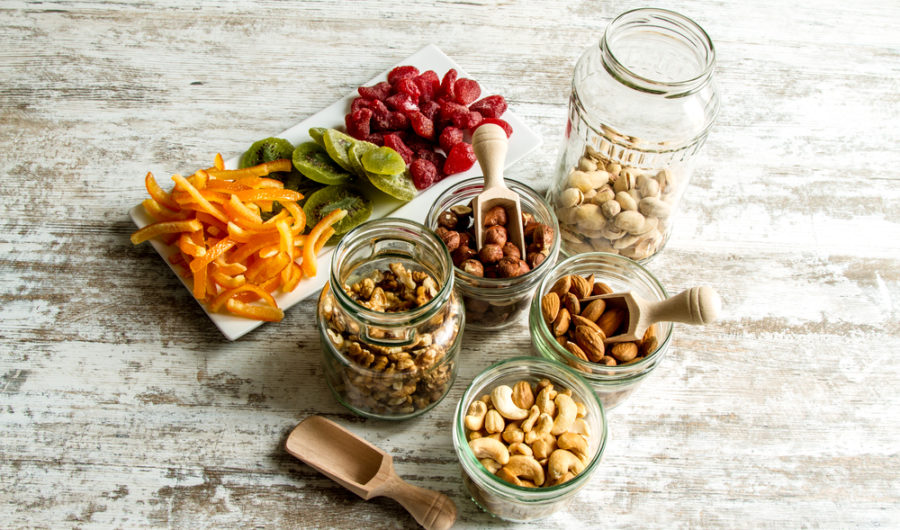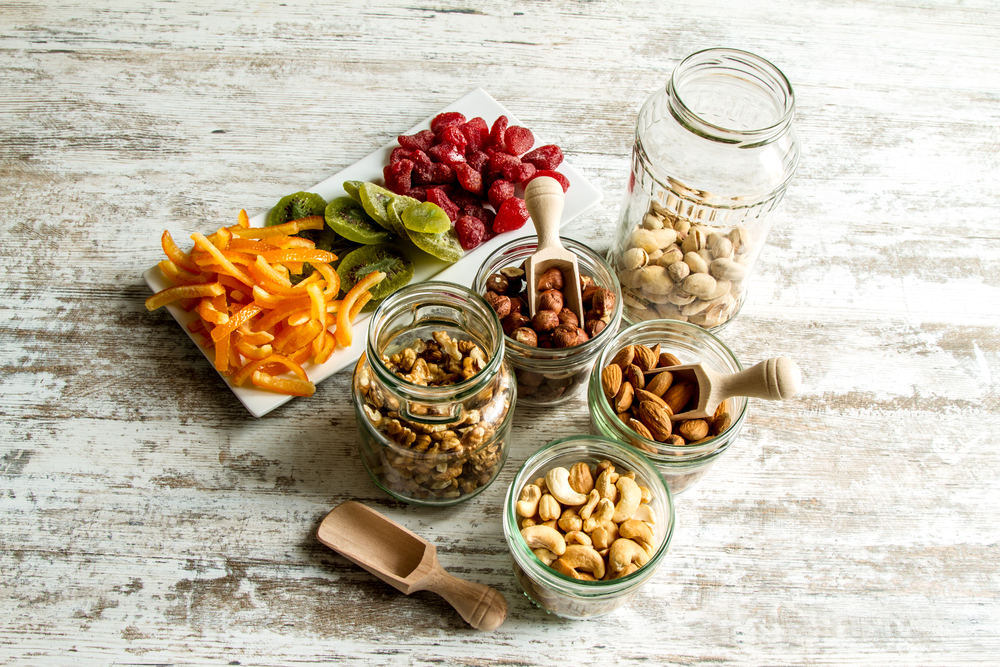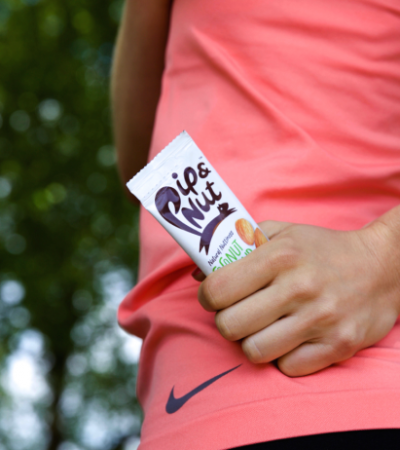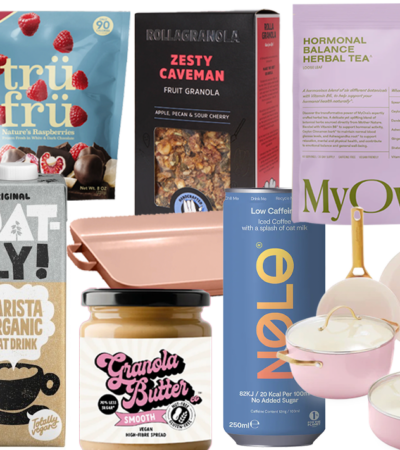‘Sugar’ is the taboo word of the moment, with people becoming ever more interested in its effect on our day-to-day functioning. If this is you, you’ll likely already know how this highly processed ingredient affects your complexion and waistline, but how much do you know about its impact on blood sugar levels? (Hint: it’s the secret to a better mood and sleep cycle!)
Regulating your blood sugar levels is something of a balancing act, and while our bodies are pretty well-equipped to keep it in check, not getting the nutrients we need can throw our blood sugar equilibrium off-kilter. According to nutritional therapist and co-founder of Wild Nutrition, Henrietta Norton, there are some fundamental giveaways to knowing if your blood sugar levels are fluctuating more than they should.
Revealing how anxiety, poor sleep, low energy, irritability and a feeling of being ‘over-stimulated’ are all potential side effects, Henrietta adds that blood sugar imbalances have been shown to make us feel hungrier too. This can be the culprit for bad food choices and sugar cravings; which feed this unhappy cycle even more.
Explaining the biology behind it, Henrietta describes how foods containing sugar rouse the pancreas to release insulin, which pushes the sugar into our cells; spiking blood sugar levels and giving you a burst of energy. However, if the food you’ve just eaten is particularly high in quick-releasing sugars, the insulin panics that there is too much for your body to handle, and removes the sugar only shortly after pushing it into the cells. This ‘sugar high’ followed by the ‘sugar low’ can lead to feeling hungry again sooner (particularly for sugary foods), as well as fatigue and the dreaded mood swings.
But it’s not all doom and gloom! The Wild Nutrition co-founder sheds light on how to counteract these effects and keep your blood sugar levels stable. Unsurprisingly, a balanced diet that includes all the essential macro and micronutrients is key. Why? Because sugar is hiding in more foods than you may think.
“Be vigilant about checking snack food labels for glucose syrup, dextrose syrup and high fructose corn syrups,” advises Henrietta. “These types of sugars will cause blood sugar levels to soar.”
Need to sweeten a drink? She suggests a little maple syrup, natural stevia root powder, Manuka honey or coconut sugar, but cautions, “Avoid sweeteners, as even these have been show to affect blood sugar levels. The sweet taste still signals insulin production in the body.”
And in case you needed another reason to forgo white flour products, did you know they release glucose quickly into the bloodstream, and are a prime example of causing the ‘sugar low’ mentioned before? Brown rice, quinoa and buckwheat are all great alternatives; helping to sustain your blood sugar and prevent those unhelpful spikes.
Thankfully for those of us loving the summer influx of strawberries and cherries, Henrietta does not believe fruit should be avoided when trying to manage your blood sugar. However, she does suggest sticking to 2 servings per day to limit your fructose intake, and favours the lower-sugar options such as pears, apples, plums and berries. “To slow down the release of sugar, combine fruit with nuts and seeds,” she says, revealing her top tip. “For example, you might eat an apple alongside four almonds and a small handful of pumpkins seeds.”
She adds, “Dates have become enormously popular with healthy recipes, but they are very sweet so you only need a few – not 10 or 20!”
As for vegetables, while Henrietta believes strongly that “all vegetables are great”, she does advise you to “moderate your intake of starchy vegetables such as parsnips and pumpkin, and ideally eat them with plenty of protein and healthy fats.”
She continues, “All meals should include protein and healthy fats, as these food groups take much longer to break down in the stomach and provide a slow and steady source of energy – imagine a dripping tap of sugar rather than a tap turned on full blast!”
Her final tips – get to bed on time and keep those stress levels down! Research shows getting enough sleep can improve how effective our body is at using insulin.
“When our adrenal glands produce stress hormones such as cortisol, our liver also releases stored glucose called glycogen,” Henrietta explains. “This glucose circulates in the blood stream and is likely to be converted into unwanted fat in the body. Supplementing your diet with magnesium and adaptogenic herbs like ashwagandha, as well as practicing calming exercise such as yoga or Pilates can be very supportive for de-stressing.” To the studio we go!
Henrietta Norton is a London based Nutritional Therapist and co-founder of Wild Nutrition www.wildnutrition.com – Henrietta’s new book ‘Your Pregnancy Nutrition Guide’ is out 8 Aug (Vermilion) £8.99.
Words by Zoe Louise Cronk
HOW TO: STOP SUGAR CRAVINGS IN THEIR TRACKS














